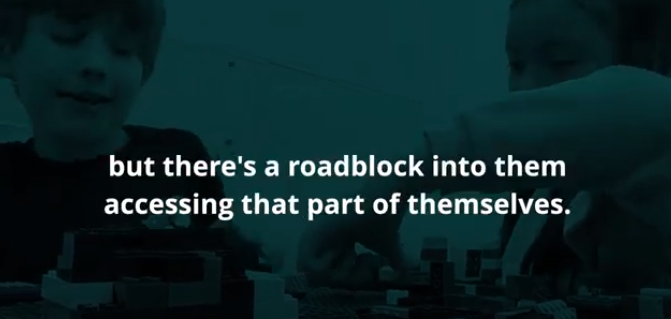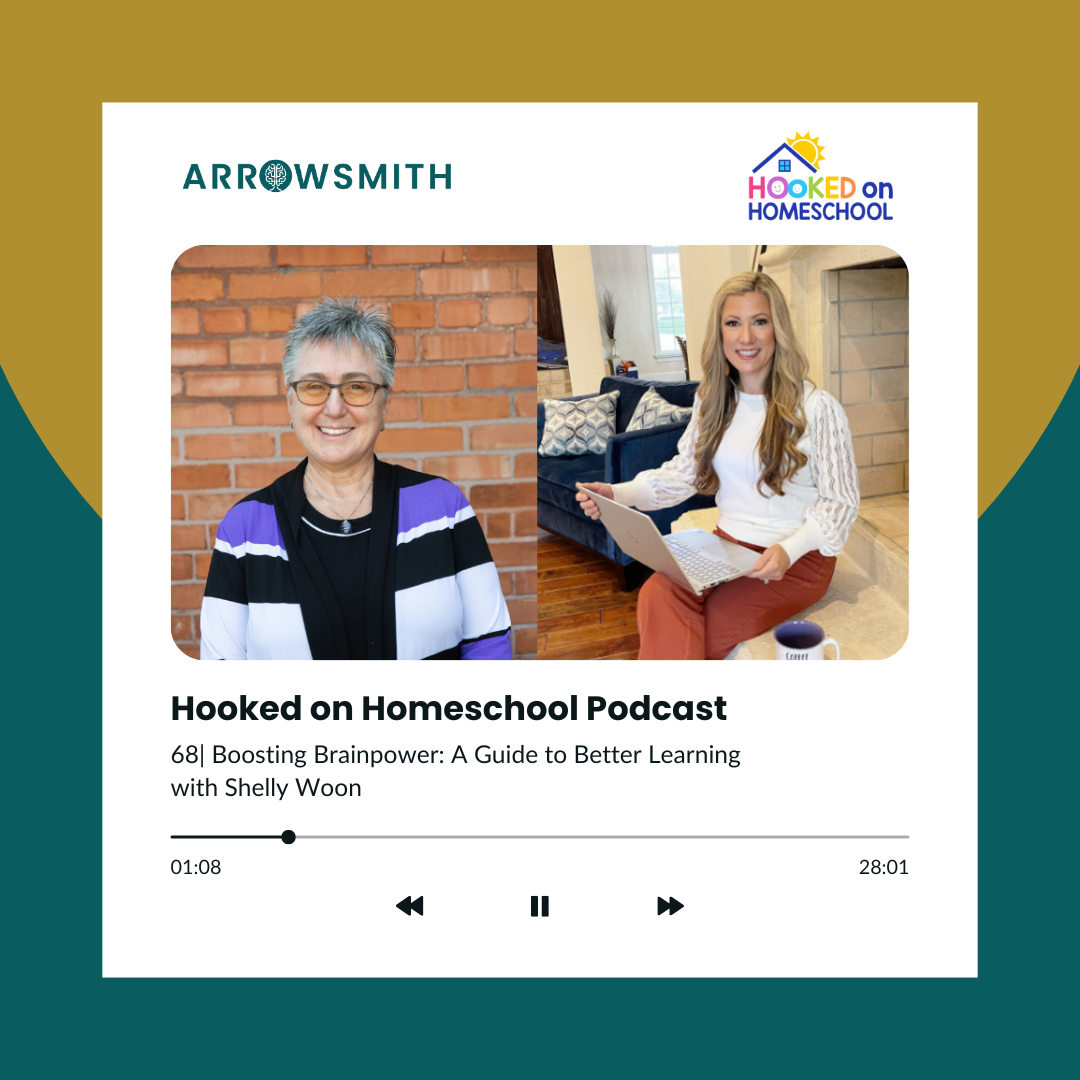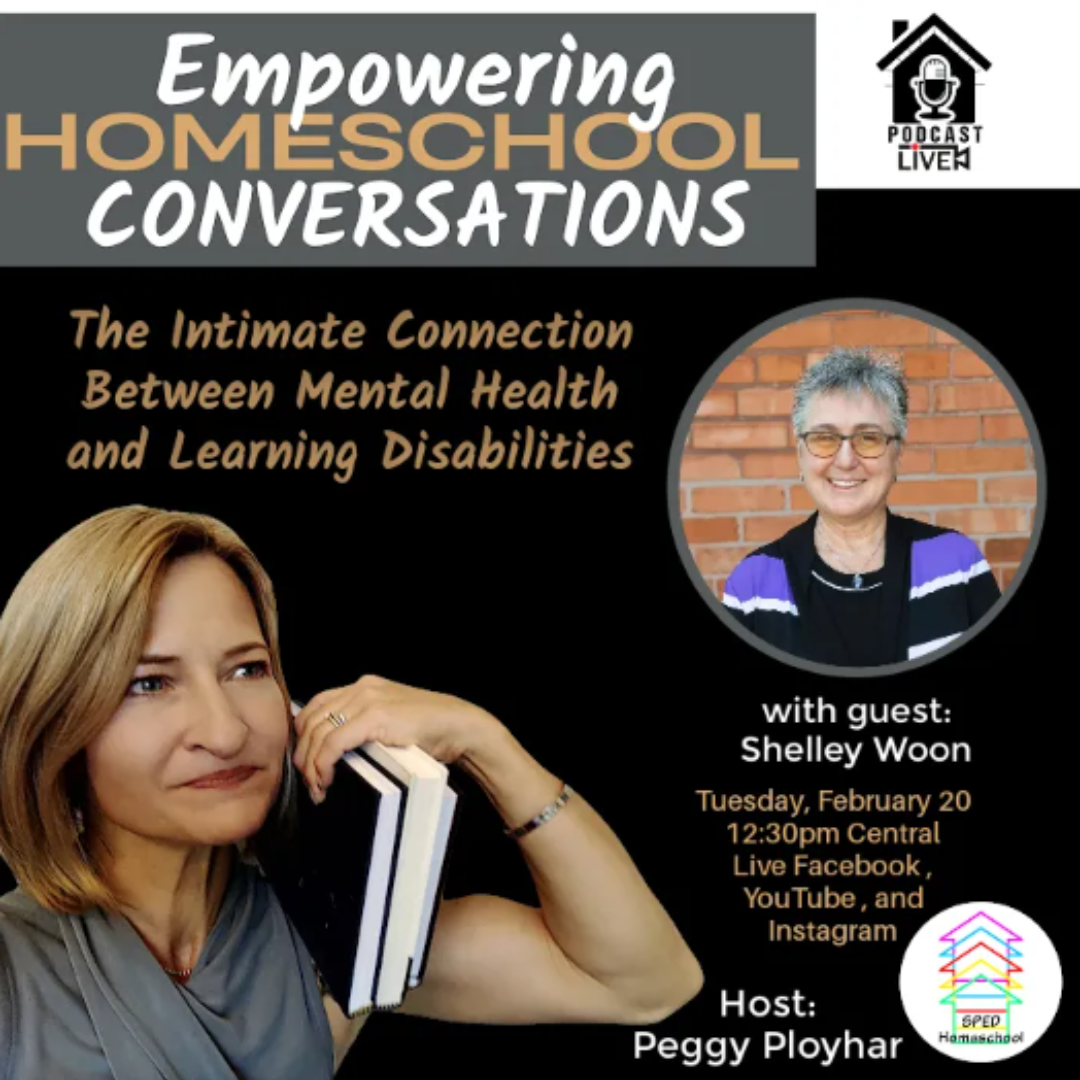Is something getting in the way of your child's success in learning?
Addressing learning struggles is not only beneficial to success in learning throughout life, but also critical to the social-emotional well-being of those who are struggling with them.
Learn more about these common learning difficulties:
.png?width=1080&height=788&name=child-reading-unhappy%20(1).png)
Learning Challenges:
- Communicating ideas in writing
- Reading and reading comprehension
- Understanding and remembering instructions
- Spelling
.png?width=1080&height=788&name=child-reading%20(1).png)
Arrowsmith Improves:
- Reading speed and comprehension
- Phonics in the reading process
- Writing skills
- Legibility in handwriting
- Pronunciation of words
- Speech fluency
- Foreign language learning abilities
- Vocabulary
.png?width=1080&height=788&name=math%20challenges%20(1).png)
Learning Challenges:
- Understanding mathematical concepts
- Solving problems in math
- Math computations
- Navigating space and directions
.png?width=1080&height=788&name=math%20photo%20(1).png)
Arrowsmith Improves:
- Understanding math procedures
- Retention of math facts
- Memory
- Mental math
- Time, money and measurement concepts
- Spatial awareness
.png?width=1080&height=788&name=student-alone%20(1).png)
Learning Challenges:
- Establishing and maintaining relationships
- Sustained social engagement
- Decision making
- Self-care routines and organizational skills
.png?width=1080&height=788&name=social-happy-students%20(1).png)
Arrowsmith Improves:
- Emotional intelligence and empathy
- Ability to plan and problem-solve
- Organizational skills
- Self-regulation
- Self-reflection
- Initiative
- Task completion and perseverance
- Generating multiple solutions to a problem
- Social engagement
- Critical thinking and judgment
- Forward planning and thinking
Evidence-Based Results

Improved cognitive and academic performance

Increased independent and self-directed learning

Increased emotional and social well-being

Independence in activities and daily living

Increased rate of learning

A shift to a
growth mindset

Increased sense of
locus of control

Increase in attention, listening well, staying focused
Strengthening the Brain for Success in Learning and Throughout Life
Barbara Arrowsmith-Young
Founder of Arrowsmith, NeuroEducation Pioneer,
Author and TEDx speaker
Discover the remarkable ability of the human brain to adapt and rewire itself, leading to enhanced focus, improved attention, and greater overall well-being.
Did you know, struggling to learn has the potential to compromise many of the social determinants of health, including employment, income, mental health, and social inclusion? Research shows that challenges in these areas could lead to poor physical health.
Addressing learning difficulties is not only beneficial but critical to the well-being of those who are struggling with them.
By changing brains, we change life outcomes. We make the brain – learning connection
Discover your child's unique cognitive profile with a Cognitive Assessment
The Arrowsmith Cognitive Assessment will provide you with a more in-depth insight into your child's unique cognitive profile.
An Arrowsmith trained professional will guide you through the assessment with the purpose of measuring the underlying cognitive capacities of a range of cognitive functions that are responsible for learning and performance. You will receive an Individual Learning Profile report which will describe each of the cognitive functions and how they relate to your learning process, including the ratings for each.
Looking for Flexibility?
Arrowsmith has it!
Whether the focus is on addressing a learning difficulty or enhancing cognitive capacities, the Arrowsmith program is a great option for many homeschooling families.
Children may work on one to three cognitive exercises daily, from September to June within the Arrowsmith part-time program.
Flexible options are available to accommodate your homeschooling schedule. Choose the time of day that works best throughout the day or into the evening. Some families create a flexible schedule, attending longer some days of the week to make room for additional activities on other days.

Hear from our Arrowsmith Community:

“They were always very flexible and not rigid about, vacation schedules or after school activities. I think that's a big benefit for homeschoolers, because most other places will not do that. I think also another thing that a lot of homeschoolers are always worrying about is socialization. And to come at it from that point as well, that while they're at school, while they're dealing with this cognitive roadblock, they're also, you know, killing two birds with one stone and being exposed to other children around their age, maybe kids who they can relate to better because they struggle with the same issues. So it's it's meeting two needs that most homeschoolers worry about, which is isolation and obviously learning learning issues as well. It could only benefit. There's no downside to this.”
Mitch & Olivia, Homeschooling Parents

“No matter how attentively I focused, I never seemed to be able to keep up with the world. This was noticeable to me, especially during normal everyday conversations. I was always two steps behind still processing the first sentence when the speaker was already on their third or fourth sentence. Six months into the program, I feel so much more confident. I feel like I can actually trust my brain now to guide me through these types of social situations. I can complete tasks more quickly in general. I'm better at prioritizing and summarizing my ideas.”
Ona, Adult Student
.jpg?width=1280&height=720&name=faith%20(1).jpg)
“I’ve become an avid reader. I always enjoyed stories, but I wouldn’t read on my own. Since doing the program, I find I’m reading all the time and thinking about the plot and characters and replaying scenes in my head after I’ve already finished the books.”
Faith, High School Student

“Another example of how I feel different is the way that I can solve multi-step problems. Before I would get lost in the numbers and I was really confused. I could only section out one thing at a time. So, in algebra one, I wasn't doing so well because I just could not see how all the steps fit together to make the answer that I received. But in Algebra two which is much more complex, I'm now able to see how everything is related and be able to apply different concepts within a problem.”
Carlie, Junior Student
“They were always very flexible and not rigid about, vacation schedules or after school activities. I think that's a big benefit for homeschoolers, because most other places will not do that. I think also another thing that a lot of homeschoolers are always worrying about is socialization. And to come at it from that point as well, that while they're at school, while they're dealing with this cognitive roadblock, they're also, you know, killing two birds with one stone and being exposed to other children around their age, maybe kids who they can relate to better because they struggle with the same issues. So it's it's meeting two needs that most homeschoolers worry about, which is isolation and obviously learning learning issues as well. It could only benefit. There's no downside to this.”
Mitch & Olivia, Homeschooling Parents
“No matter how attentively I focused, I never seemed to be able to keep up with the world. This was noticeable to me, especially during normal everyday conversations. I was always two steps behind still processing the first sentence when the speaker was already on their third or fourth sentence. Six months into the program, I feel so much more confident. I feel like I can actually trust my brain now to guide me through these types of social situations. I can complete tasks more quickly in general. I'm better at prioritizing and summarizing my ideas.”
Ona, Adult Student
“I’ve become an avid reader. I always enjoyed stories, but I wouldn’t read on my own. Since doing the program, I find I’m reading all the time and thinking about the plot and characters and replaying scenes in my head after I’ve already finished the books.”
Faith, High School Student
“Another example of how I feel different is the way that I can solve multi-step problems. Before I would get lost in the numbers and I was really confused. I could only section out one thing at a time. So, in algebra one, I wasn't doing so well because I just could not see how all the steps fit together to make the answer that I received. But in Algebra two which is much more complex, I'm now able to see how everything is related and be able to apply different concepts within a problem.”
Carlie, Junior Student
What makes Arrowsmith different?
Arrowsmith in Homeschool Media
As Seen in Notable Media










